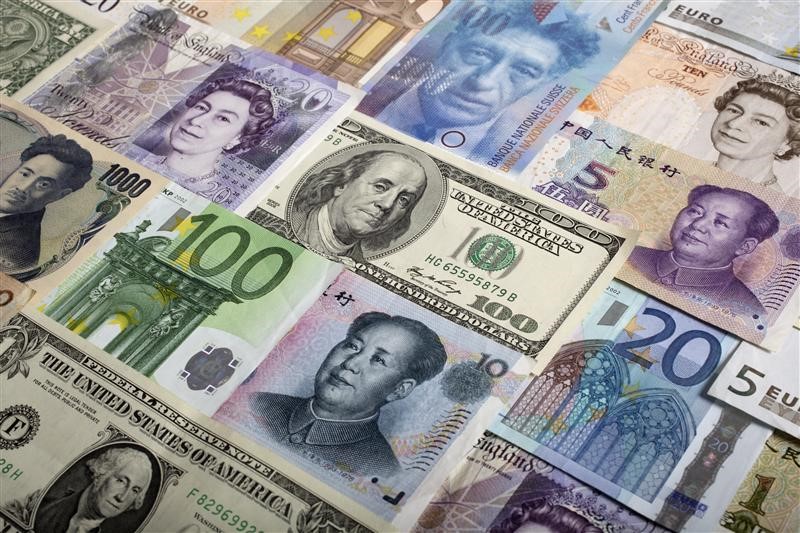UBS analysts suggested that the Korean won (WFD) may be ready for a recovery after the worst year since the Global Financial Crisis (GFC) in 2024. 7.5%has risen in the last 12 months.
The significant underperformance of the currency was powered by five factors, including the relative weakness of the Kospi compared to the largest tightening in the South Korea-Sanden States, 10-year return distributed in two decades, a slow production and export cycle, continuous Residents of residents, and domestic political issues in the late year.
The won written off by 13% in 2024, with three -quarters of this decrease in the fourth quarter. After this recession, the won 2025 started on a more stable note and it was one of the best performing currencies that have been years to date. UBS analysts believe that this trend could continue instead of fading.
UBS emphasized various positive developments that could support the outperformance of the Won in the short term. The National Pension Service (NPS) reported activation of Veviezenhedging activities and a delay in outgoing investments can positively influence Korea’s balance of payment. This potential shift, combined with a basic balance that with a respectable 4.5% of GDP, can lead to a rating of 5% for the won.
In addition, the Kospi index shows signs of soil in the midst of low valuations and the domestic political uncertainties decrease. While UBS maintains a cautious attitude towards the medium -term won, analysts see the possibility that the currency will continue to relax in the near future part of its increased risk premium.
This article was generated with the support of AI and assessed by an editor. See our T&C for more information.


